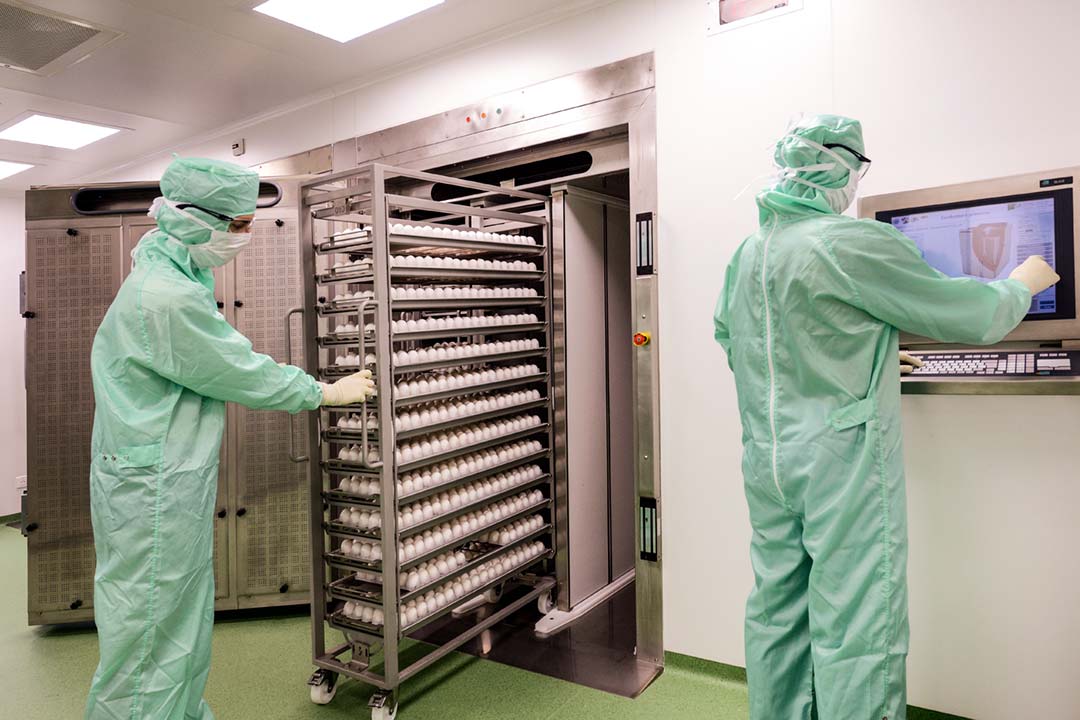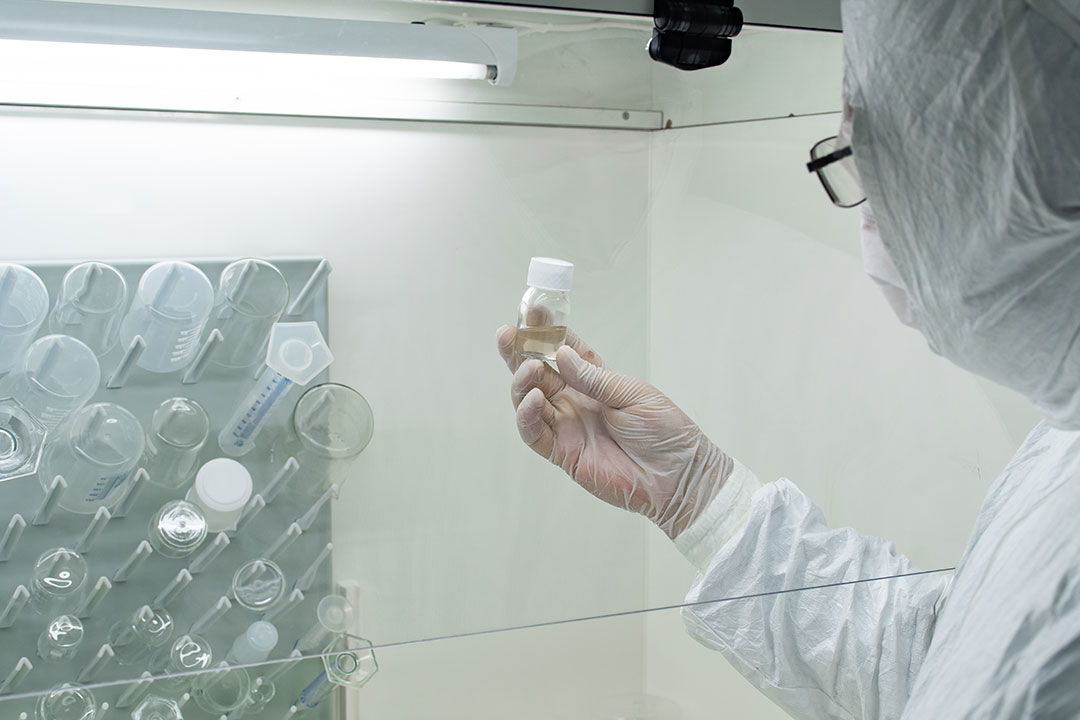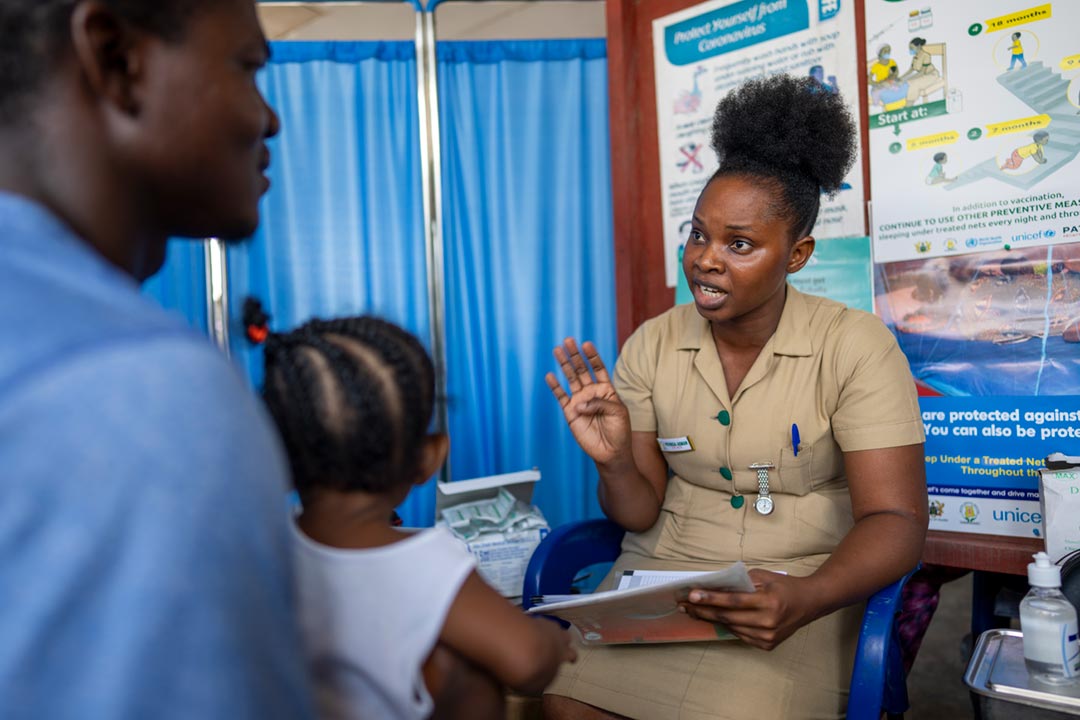From masks to testing: three key lessons we’ve already forgotten from the pandemic
The world wasn’t prepared for COVID-19 and painful lessons had to be quickly learned. But in moving on, there are important things we have already forgotten.
- 2 October 2023
- 3 min read
- by Priya Joi

The COVID-19 pandemic was a sharp reminder that despite years of discussion among world leaders on how best to prepare for a pandemic, neither the infrastructure nor the response capacity was in place for an adequate response.
Surveillance and sequencing infections are critical to track the movement and evolution of these variants, but many countries have stopped or massively cut down their monitoring and surveillance of COVID-19 variants.
Three years on, despite a slew of articles and discussions on the lessons that should be learned from this pandemic and what we need to avoid in future, it can seem like some of the basic lessons from COVID-19 are already being forgotten.
1. Masks are protective even if we're vaccinated, but they're being ignored
Despite conclusive evidence that masks can stop the spread of respiratory pathogens such as SARS-CoV-2, most countries have ended their mask mandates, even in places like hospitals and health clinics where there is likely to be a high number of contagious people as well as people with vulnerable immune systems.
While vaccines are highly effective at stopping people from getting infected with COVID-19, people do get infected nevertheless, and masks serve as an important physical barrier not just in stopping transmission from an infected person, but in preventing a non-infected person from breathing in respiratory droplets containing pathogens.
Moreover, immune protection from vaccines may fade with time, especially if people don't get COVID-19 boosters.
A US Centers for Disease Prevention and Control (CDC) committee's draft guidance on infection control in hospitals alarmed health workers by suggesting that N95 surgical face masks are "equivalent to looser, surgical face masks in certain settings – and that doctors and nurses need to wear only surgical masks when treating patients infected by "common, endemic" viruses, like those that cause the seasonal flu. Currently this remains draft guidance, with the committee set to vote on it late November.
2. Surveillance and testing is essential, yet much of it has stopped
SARS-CoV-2 is continuing to spawn new subvariants of Omicron such as Eris and Pirola. Pirola is so heavily mutated – i.e. different to earlier strains of the virus – that scientists are predicting it will be harder for our immune systems to recognise it even if we've been vaccinated or infected by COVID-19 before, and therefore won't be able to mount a robust immune response.
Surveillance and sequencing infections are critical to track the movement and evolution of these variants, but many countries have stopped or massively cut down their monitoring and surveillance of COVID-19 variants.
This leaves scientists tracking the evolution of the virus or trying to spot spikes in transmission, with much less data to work with. It also means that agile, pre-emptive action in response to clusters of cases is harder to take.
3. Millions still can't access the medical interventions they need to fight killer diseases
What the pandemic demonstrated with horrifying clarity is the extreme inequity in access to medical interventions across the planet, and not just those related to COVID-19.
Supply chain issues made it even harder for some to access the health care they need, and according to a World Health Organization report in April 2023, access to medicines for non-communicable diseases such as diabetes and cancer was drastically cut during the pandemic. While preparing for a next infectious disease pandemic is important, it's critical too that ensuring equitable access to treatments for chronic diseases is fundamental.








